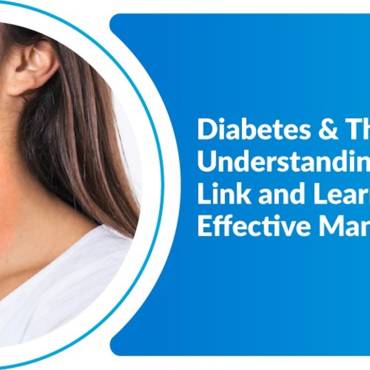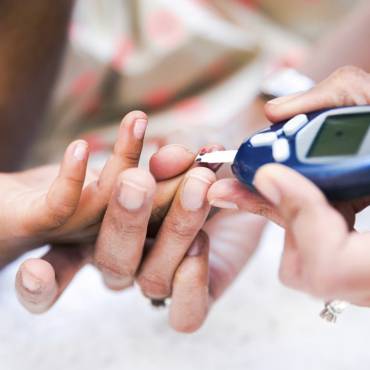Sugar enhances the taste of many beverages and food items. No one can deny the delicious taste of sugar, but at the same time, its excessive intake is also not good for one’s health. Wrongful sugar consumption can severely affect the quality of life by inviting certain health risks.
Can you get diabetes from eating too much sugar?
Sugar consumption beyond a limit could raise blood sugar levels, and you may experience diabetes. In some populations, some health signs indicate they have high sugar cravings or have sugar addiction. Sugar is not always sweet for health; the access or frequent intake of sweet food or beverages disturbs the working of diabetes medication immensely. On the other hand, health experts have found that a high intake of dietary sugar usually leads to some health problems that leave a severe impact on your body.
Once you learn the way sugar affects your health, you may change your cravings for sweets despite knowing how tasty it is. Therefore, it’s important to learn how much sugar is too much and to know your limit.
Avoid sugar addiction:
Having a sweet tooth is not always harmful, but a craving for sugar is a sort of addiction. It encourages dopaminergic, cholinergic and opioid effects that have a psychological impact. It has also been found that sugar can stimulate the production of dopamine, which is a pleasure hormone. Our body can tolerate sugar to an extent, but its addiction can affect the production of insulin in the body, raising the risks of type-2 diabetes, a bad immune system, and other conditions. With more cravings than usual, the consumption of sugar becomes a vicious and addictive cycle.
High blood sugar can affect your immune system and damage your nerves, blood vessels, and organs. By taking a high-sugar diet, you allow a hormonal response to become like a wave. This condition triggers more sugar cravings.
Some possible health conditions somehow get worse with the high intake of dietary sugar,
Some of the bad health signs if you are eating too much sugar may include:
-
- Fatigue or sluggish feeling all the time:
The energy in your body is more stable with the stability of blood sugar levels. The excessive consumption of sugar causes the initial spike of insulin and, after that, an inevitable reduction in the surge. So, when you are consuming too much sugar, the frequent fluctuations in the blood sugar levels cause highs and lows of energy, making your body sluggish.
-
- Experiencing skin issues:
A spike in insulin from sugar intake can wreak havoc on the skin, mainly due to hormonal disorders. Your skin is a reflection of the condition of your body internally. Experts say that some people are sensitive to getting a surge in insulin from sugar intake, which can cause hormonal disorders, leading to a breakout of acne or other skin problems. Experiencing perky skin issues is very common in people with high sugar cravings.
-
- Sugar intake encourages weight gain:
Sugar intake means you are supplying more calories but no protein or fiber to your body. High dietary sugar also affects the production of insulin, which plays a crucial role in weight gain. More sugar intake requires a higher amount of insulin to carry it to the organs for converting sugar into energy. When you take a high amount of sugar, a condition of insulin resistance arises in which the body is unable to deal with the sugar in the right way. Therefore, the supply of too many calories leads to weight gain and a bad immune system as well. If you are gaining extra weight, then keep control of sugar intake to support diabetes care and obesity treatment.
-
- High sugar intake causes metabolic dysfunction:
The intake of too much sugar could disturb metabolic functions in the body. Such a metabolic dysfunction causes numerous health problems, including abdominal obesity, blood sugar, decreased HDL and increased LDL, elevated triglycerides, weak immunity, stroke, high blood pressure, etc.
-
- The possibility of a psychological condition:
You would have seen the mood swings in people suffering from type 1 or type 2 diabetes. It’s quite likely that high sugar intake makes you moody and leaves you feeling crabby. Sugar craving probably infuses a bad attitude and a feeling of irritation. You have to treat type 2 diabetes and curb sugar intake to avoid such a bad feeling.
Tips for a healthy body:
Lifestyle plays a crucial role in achieving health for oneself or a loved one. Regular exercise, intake of a balanced diet, avoiding junk food, taking timely medications (if suffering from any specific health issues), and quitting or limiting smoke and alcohol are some of the common ways that can weaken the effects of high sugar in your body. The side effects of high blood sugar can disrupt life badly if you consume more than the recommended amount of sugar. Consult your doctor to learn daily sugar guidelines to live healthily because daily sugar consumption and needs vary greatly from person to person.



